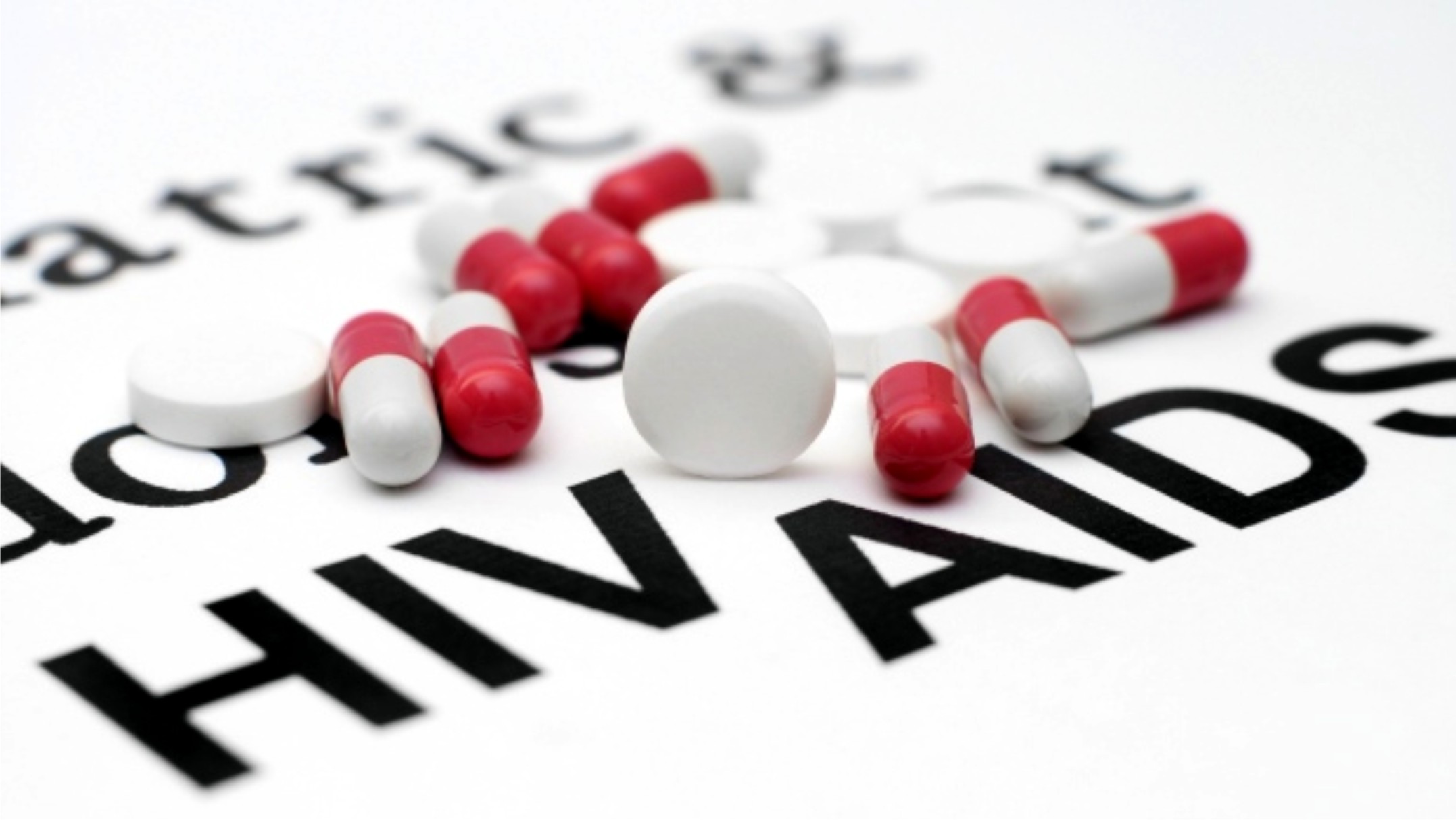City Crime
1.6m Nigerians With HIV On Treatment, NACA Confirms

The National Agency for the Control of AIDS (NACA) has said that 1,619,133 out of the 1.9million Nigerians living with Human Immunodeficiency Virus (HIV) are now on treatment.
The Director General of NACA, Dr Gambo Aliyu, made this known at a press briefing, yesterday, in Abuja in commemoration of the World AIDS Day themed ‘Equalise to end AIDS: Equal access to treatment and prevention services.’
Aliyu said this year’s WAD seeks to promote equal access across the population that is marginalised among vulnerable and key affected population groups by removing economic, social, cultural, and legal barriers to HIV prevention services across population groups that are vulnerable to HIV.
HIV is a virus that attacks the body’s immune system and if left untreated, it can lead to Acquired Immunodeficiency Syndrome (AIDS).
The WAD is celebrated every December 1 annually to raise awareness, commemorate those who have passed on, and celebrate victories, such as increased access to treatment and prevention services.
Aliyu said, “Nigeria’s success story is evident from the significant dip in the HIV prevalence of 3.4per cent in 2017 to a population-based prevalence of 1.3per cent in 2018.
“As of the end of September, 2022, we have 1,619,133 persons on treatment, which represents a significant leap when compared to 838,020 persons in 2017. Our treatment sites have increased from 251 in 2007 to 2,262 in 2020.
“New HIV infections gradually declined from 103,404 in 2019 to 92,323 in 2021. There has also been significant growth in key population treatment centres from 10 sites in 2017 with coverage of 16,147 to 118 in 2021 with coverage of over 221,010 individuals.”
He added that the pre-COVID-19 molecular laboratory testing sites were 27 but it is now done in over 100 molecular testing sites where the virus can be monitored for prevention and treatment purposes.
“Through our Alignment 2.0, HIV prevention and treatment is shifting ownership to states while guaranteeing continued partnership and support from donors.
“The launch of the N62billion Trust Fund of Nigeria constitutes a further step towards sustained country-level funding and ownership of the national response.
“As we sustain the epidemic control achieved thus far, more focus will be directed at ensuring increased availability, quality, and suitability of services, for HIV treatment, testing, and prevention, so that everyone is well-served.
“Access to prevention, treatment, care, and support services will be intensified for hard-to-reach populations especially those communities circumscribed by conflict,” he noted.
On her part, the National Coordinator of the National AIDS, Sexually Transmitted Infections Control and Hepatitis Programme, Federal Ministry of Health, Dr. Akudo Ikpeazu, said there is a need to address inequalities that pose a barrier to ending the epidemic.
She said, “Today, we have 90per cent of people living with HIV who know their status, we also have 98per cent of those who know their status on HIV treatment and 95per cent of those on treatment who have achieved viral suppression.
“Despite the availability of free treatment services as of today, we still have an unacceptable number of children less than 15 years living with HIV who are difficult to find and place on treatment. For children, unlike what we have for adults, we have the same statistics, 34per cent (of people living with HIV who know their status), 100per cent of those who know who are on treatment, and 81per cent of those who have achieved viral suppression.
“We need to equalize access to essential services, particularly for children, pregnant women, key population, and their partners. To do this, we must in a consistent manner, address and remove all structural barriers that impact negatively on access to services.
“Some of the specific strides we have made this year in addressing these issues around access include prevention of mother-to-child transmission mapping to identify all places where pregnant women get delivery services to find the HIV pregnant positive women.
“Based on the findings, we are working towards expanding the point of service from the current 6,000 to about 40,000 locations across the 36 states and the FCT. Our aim is to find all pregnant women to test all of them to ensure that all who are positive are placed on treatment and ensure that we can report on every mother who has been tested and placed on treatment.”
Also, the Country Director of UNAIDS, Dr Leo Zekeng, said globally, new HIV infections have declined by about 32per cent and AIDS-related mortality has decreased by about 52per cent because they are tested and put on treatment and can live a normal life.
“We are here today to remind ourselves that AIDS is still an unfinished business. As of last year, 36million people died because of AIDS and we still have 38million adults and children living with HIV/AIDS. So, it is unfinished business,” Zekeng noted.
City Crime
RSG Ready For 2030 Digital Transformation
City Crime
Industry Braces For Glut And Investor Demands


